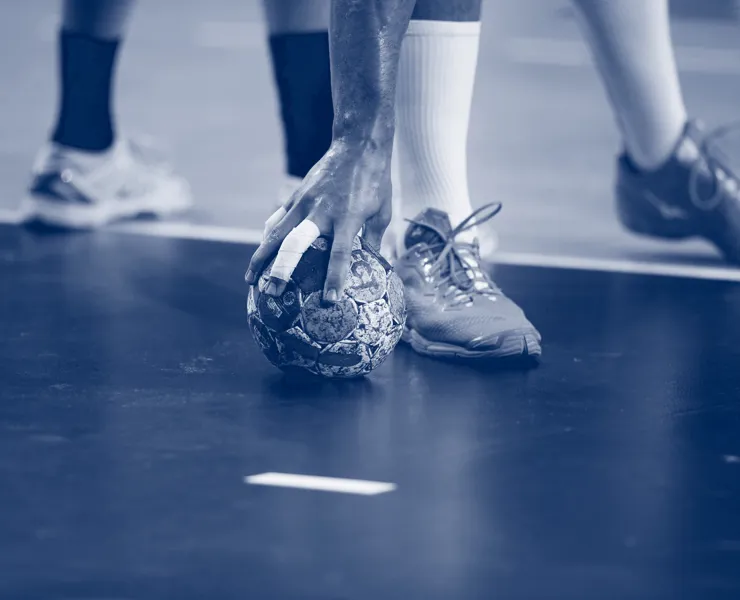For six days, 21 upcoming Master Coaches from seven different European countries, including Hungarian former international Beata Siti and Spain’s Nerea Pena, gathered in Ljubljana on the fringes of the Women’s EHF EURO for the third and last module of the current Master Coach/Pro Licence course. The course had started during the Men’s EHF EURO 2022 in Hungary, followed by module two in Porto in July.
Previous modules focused on coaching philosophy, match analysis, leadership and management, practical coaching, theory of coaching, and individualisation in module one; and goalkeeping, physical and mental preparation and injury prevention in module two.
The final module in Ljubljana included many up-to-date parts of modern coaching – with the option to attend and analyse the EHF EURO 2022 matches in Stožice Arena.
On the first day, the focus was on what handball can learn from other sports, with expert lecturers from ice hockey and volleyball. Also, prevention in terms of anti-doping (Hans Holdhaus) and match fixing (Severin Moritzer) were on the schedule.
On the next days, Slovenian Marko Šibila, one of the jury members of the Master Coach/Pro Licence course and host at the Faculty of Sport at the University of Ljubljana, and EHF Methods Commission member Monique Tijsterman from Netherlands presented individual and group tactical skills in attack and defence – each both in theory as well as in practice, with participants fulfilling tasks in the arena.
Also, Tijsterman gave insight views in modern trends in offence, like by playing 6-5, 6-6 and 7-6, including examples from the qualitative analyse of the current EHF EURO – and again, the participants could practice this knowledge in coaching sessions in the sports hall.
Friday’s topic was communication in a media workshop, held by David Obererlacher.
On Saturday, participants who defended their thesis successfully received their certificates by Predrag Boskovic, Vice President of the European Handball Federation. As part of the RINCK Convention, 600 lecture hours in total, including digital-supported self-studies, are needed to finally receive the certificate as EHF Master Coach.





















